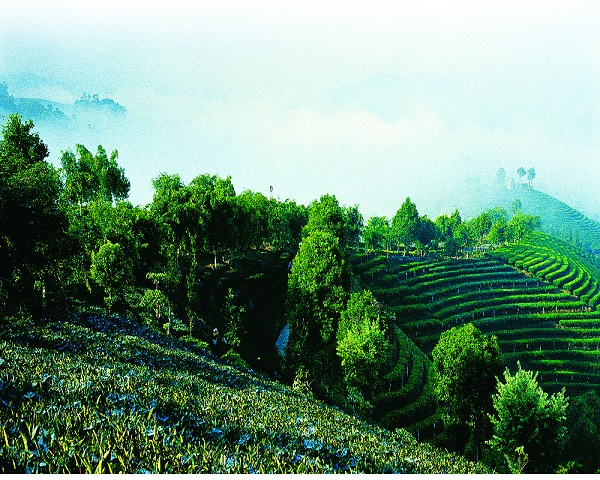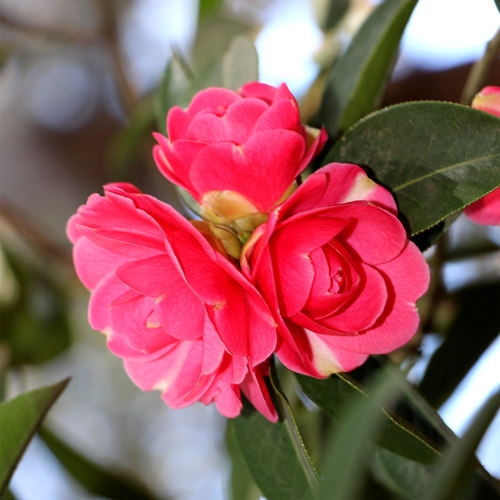
Yunnan Coffee 1

When one is asked to consider coffee-producing nations, China may never cross the average person’s mind, and perhaps this is justified. Many of us associate the Asian nation with the several varieties of tea they export globally: the cups of steaming jasmine served at restaurants boasting authentic Szechuan cuisine, Mason jars of dried oolong leaves lining the walls of health food stores, or even elaborate Chinese tea sets consisting of ceramic pots and diffusers painted with floral designs being sold at flea markets. While tea might still be the country’s beverage and export of choice, China’s production of coffee has been a slow but steady process that owes its success to one region in particular: Yunnan.
Yunnan might ring a bell to those familiar with China’s politics. The province is famed for its diversity with 25 Chinese ethnic minority groups calling it home and 60-some dialects and languages being spoken on a daily basis, but its variety isn’t limited to its people. The mountainous topography of the region boasts biodiversity in the form of over 5,000 species of plants proliferating across its snowy massifs, trickling down its many rice terraces, and inhabiting the crystal blue lakes and winding gorges of the area. Coffee may be just one of many crops grown, but it’s certainly one of its most unique.
Today, Yunnan accounts for roughly 95% of China’s coffee yield, with the remaining crop being grown in Hainan and Fujian. While the latter two provinces are known for their production of Robusta used for instant coffee, Yunnan maintains its position as the top producer of Arabica coffee in China, and is best known for exporting its green coffee globally. Typical coffee farms consist of roughly 5,000 trees spread across a hectare. While plantation-style, sun-grown coffee is the most common, farmers and agronomists have taken to planting shading trees in order to fend off frost and other environmental factors that have proved problematic for coffee growth. Catimor continues to be the crop of choice and is so vigorously cultivated that it’s increased the export of Chinese coffee from 7.6 million to 158 million pounds kilograms in just 20 years from 1994 to 2014. These impressive numbers have put China in the top 20 coffee producers as of 2016.
Photo Credit: Unsplash
Reference: Coffeeordie
If there's any copyright issue involved, please contact us to delete.



